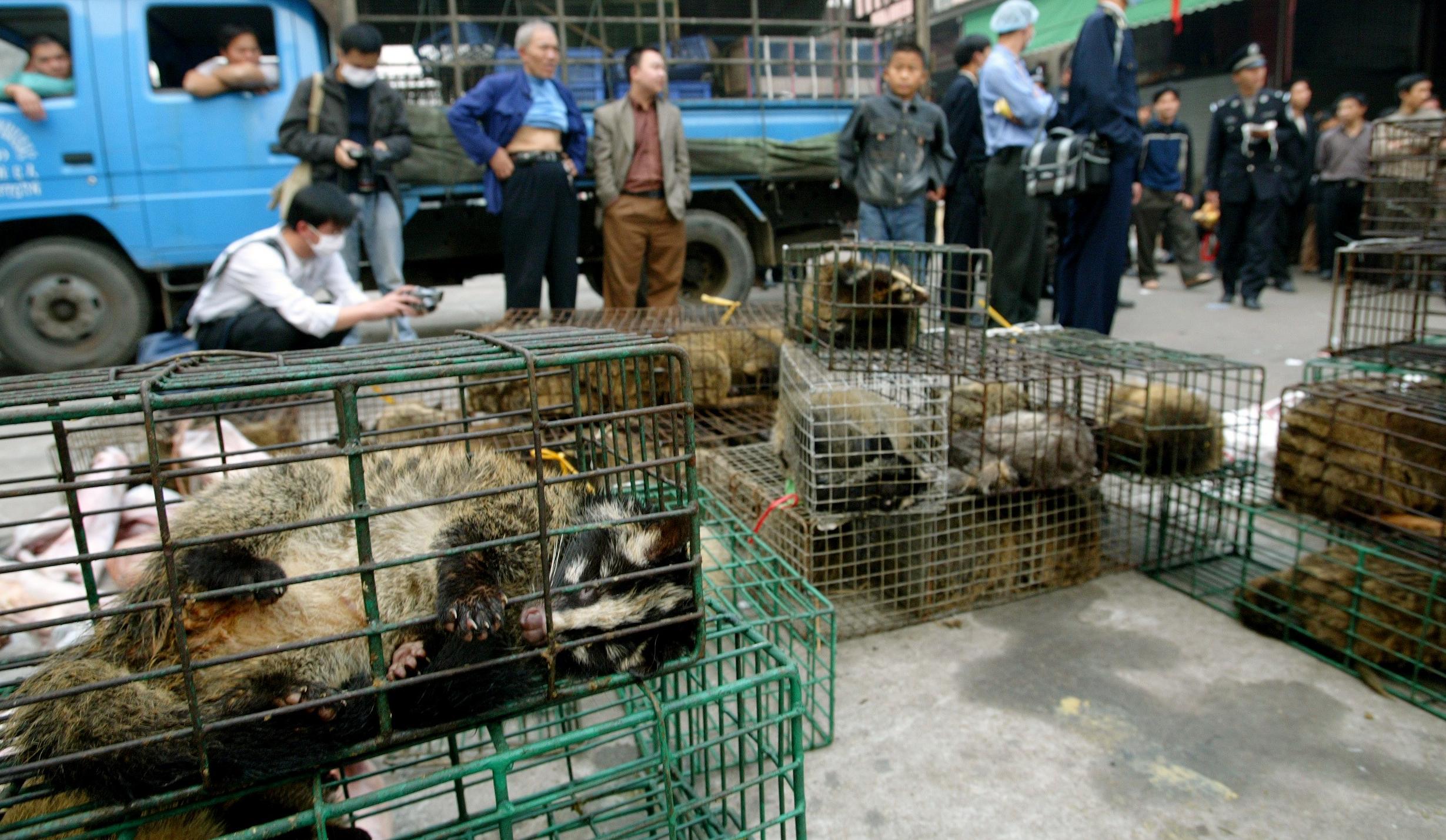The Standing Committee of China's National People's Congress approved the ban on February 24, aiming to protect public health and ecological security. This order will be a drastic measure to completely ban the consumption of wild animal meat and severely punish illegal wildlife trafficking.

Wuhan seafood market - believed to be the origin of the Covid-19 outbreak.
The use of wild animals in scientific research, medicine, and exhibitions will now be subject to a rigorous review and approval process, carried out by relevant ministries and departments, based on existing regulations.
This decision comes after Chinese authorities temporarily suspended wildlife trade on January 26th in an effort to halt the spread of the virus. It is unclear when the ban will take effect. It continues to face opposition from some segments of the Chinese population, including animal traders and farm owners.
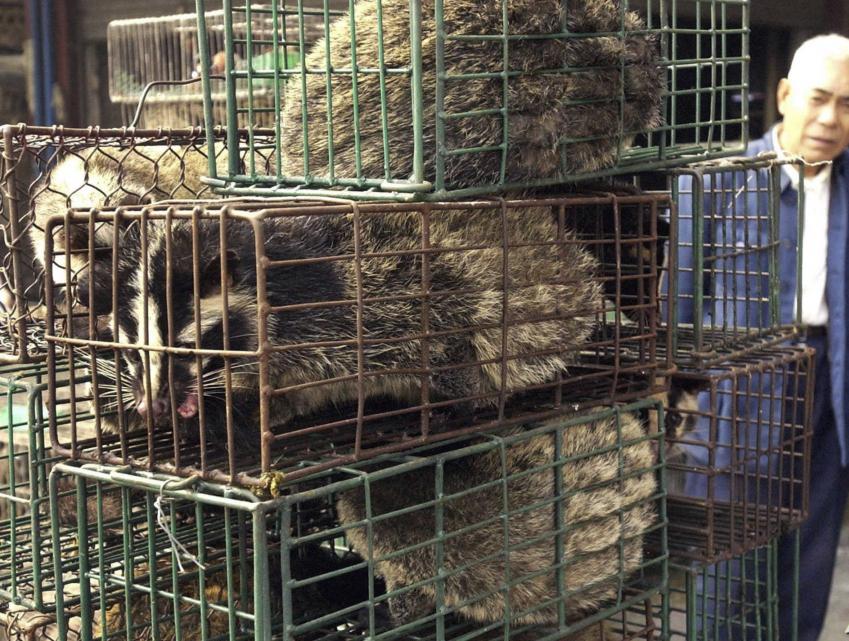
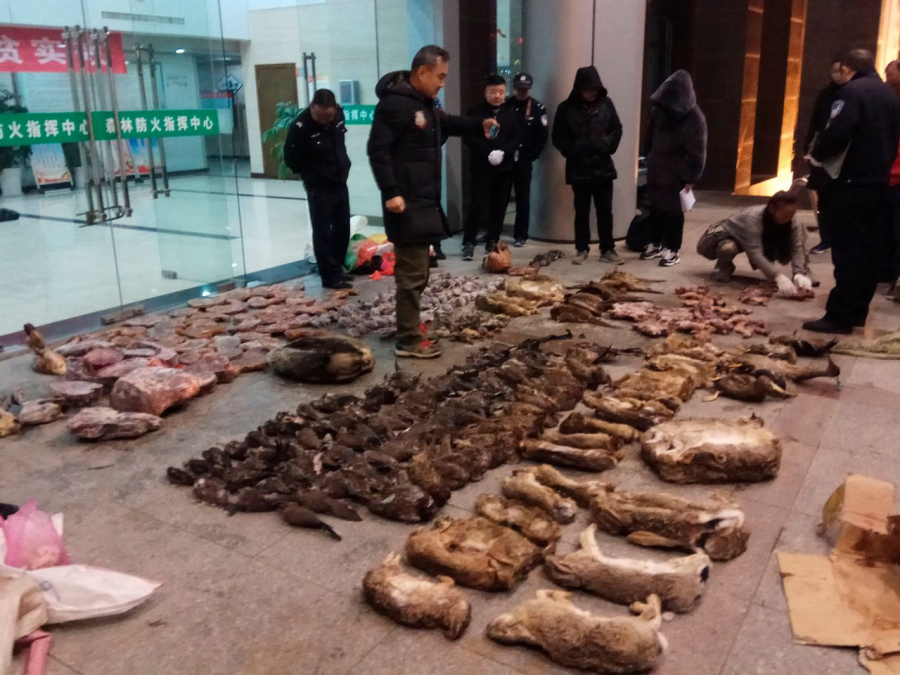
Chinese health officials say the novel coronavirus likely originated from the Huanan Seafood Market, a wildlife market in downtown Wuhan. Late last month, as the outbreak began nationwide, China ordered a temporary ban on the market until the epidemic subsided across the country.
In the past, China imposed a temporary one-year ban on wildlife trade (2002-2003) due to the SARS (Severe Acute Respiratory Syndrome) outbreak, which killed hundreds of people in China and Hong Kong. However, after that period, wildlife trade resumed openly in the country.
In addition, animal conservationists also accuse China of condoning "shady dealings" such as trading exotic animals for food or use in traditional medicines whose effectiveness is not scientifically proven.
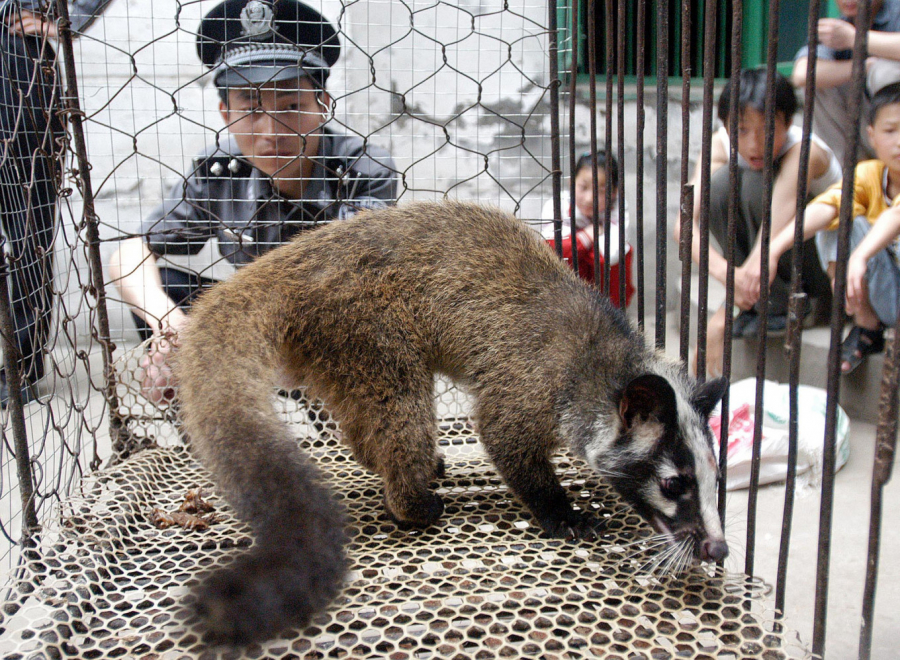
Illegal wildlife markets operate openly in China.
To clarify this issue further, Travellive+ interviewed Sarah Baker Ferguson, Director of TRAFFIC in Vietnam. As an expert, Sarah believes the recent ban is a major breakthrough by the Chinese government. “This is an extremely wise decision in the current situation; it helps address the root cause of many diseases while limiting their spread.”
She also added that the host of Covid-19 has not yet been fully confirmed, although most theories suggest it comes from bats, pangolins, snakes, etc., but regardless of the species, they are all wild animals and a consequence of illegal and uncontrolled wildlife trade.
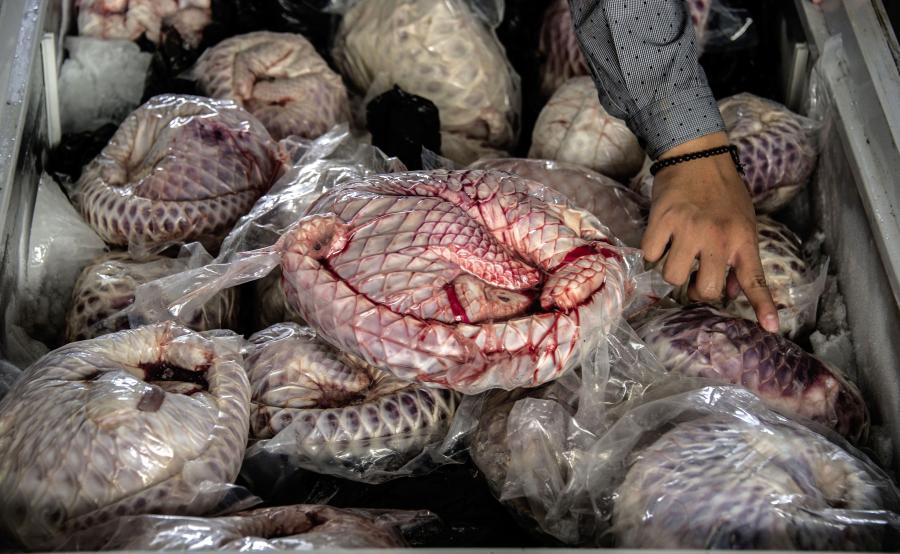
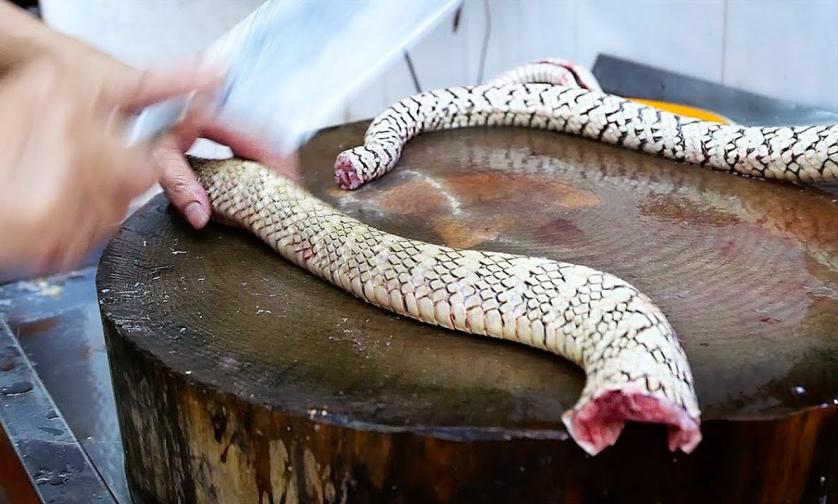
Past epidemics have clearly shown that the origins of dangerous viruses stem from wild animals: the SARS virus from civets, the Ebola virus from bats, and notably, the HIV virus from monkeys. Therefore, prohibiting the illegal trade of wild animals is no longer just a matter of impacting the ecosystem or disrupting the food chain; it is now a matter closely related to the health of individuals and communities worldwide.
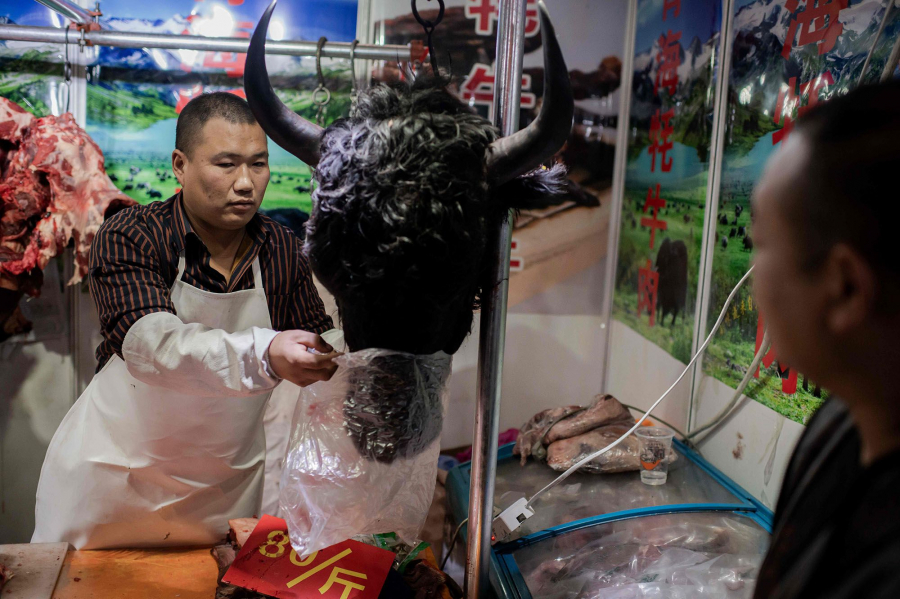
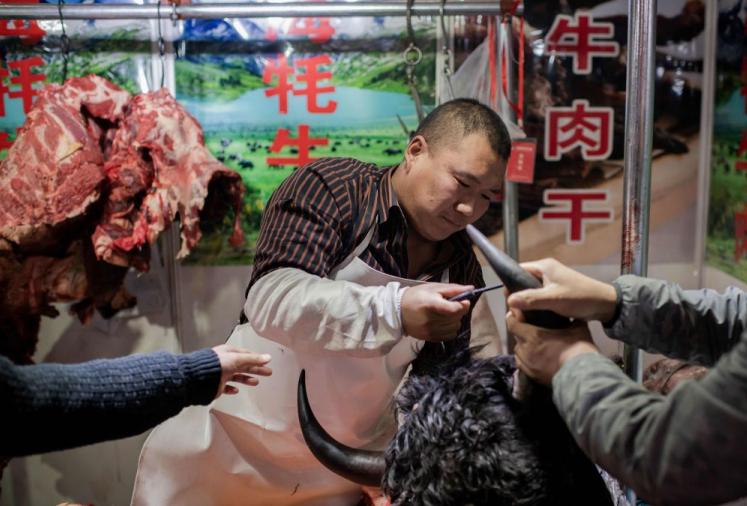
"I hope that the Chinese government can implement this ban strictly and rigorously so that it can be as effective as possible, and that other diseases after Covid-19 will be less likely to occur," Sarah shared.
In this regard, Sarah also highly praised Vietnam's efforts in preventing and dealing with illegal wildlife trafficking. This is demonstrated by the very deterrent penalties, which can reach up to 5 billion VND and imprisonment for up to 15 years.

Sarah Baker Ferguson - Director of TRAFFIC, the wildlife trade monitoring network.
Also recently, in light of the complex developments of Covid-19 worldwide, TRAFFIC, along with 13 non-governmental organizations related to conservation, sent an open letter to Prime Minister Nguyen Xuan Phuc, discussing the origins of the ongoing Covid-19 pandemic and measures for Vietnam to address the threats from illegal wildlife trafficking.
Interview clip between Travellive+ and the Director of TRAFFIC in Vietnam:

 VI
VI EN
EN



